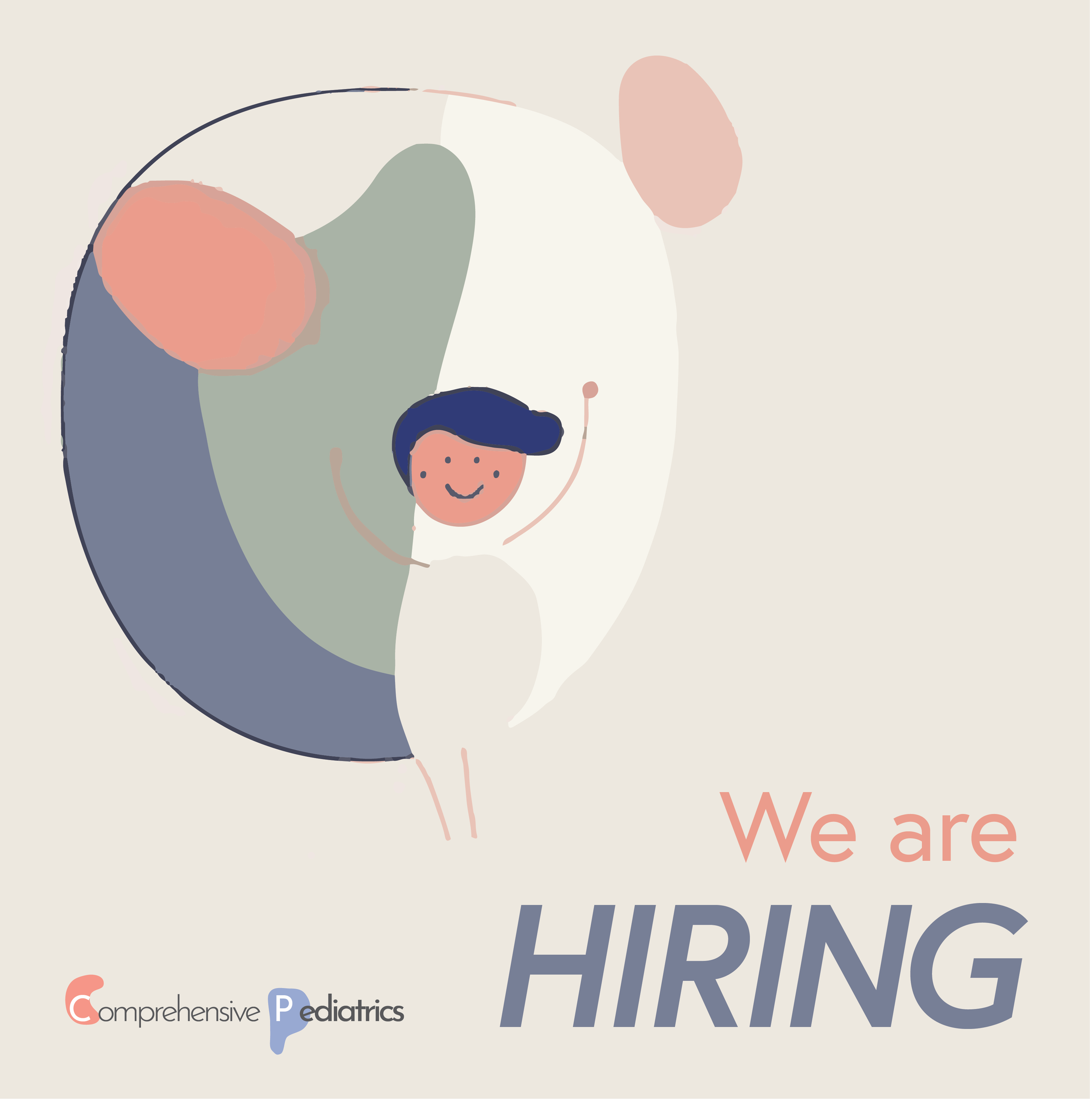Tech Industry and Inclusivity
As an occupational therapist working with families who have children with special needs, it can be challenging to find products and services that meet the unique needs of each child. However, the recent report on accessibility in big tech companies provides some encouraging news for us and our clients.
The report highlights the efforts made by companies such as Apple, Microsoft, and Google to improve accessibility in their products and services. These companies are starting to recognize the importance of creating inclusive and accessible designs for people with disabilities, including children with special needs.
One of the most significant developments highlighted in the report is the increased engagement between big tech companies and the disability community. By involving people with disabilities in the design process, companies can create products that are better tailored to the needs of the disability community, including children with special needs.
As occupational therapists, we can benefit from this progress in improving accessibility as it allows us to recommend and utilize more effective assistive technologies and software to aid our clients' development and progress.
Moreover, the report emphasizes the importance of creating products that are accessible to everyone, not just people with disabilities. This means that accessibility features such as larger text, voice recognition, and other assistive technologies can benefit anyone who may have difficulty using traditional interfaces, such as older adults or people with temporary injuries.
The progress being made by big tech companies in improving accessibility is a positive step towards creating a more inclusive and equitable society. We hope that more companies will follow the lead of Apple, Microsoft, and Google in prioritizing accessibility in their products and services. This will ultimately benefit us as occupational therapists and the parents of children with special needs, as well as the entire disability community.
Read here: engadget.com






